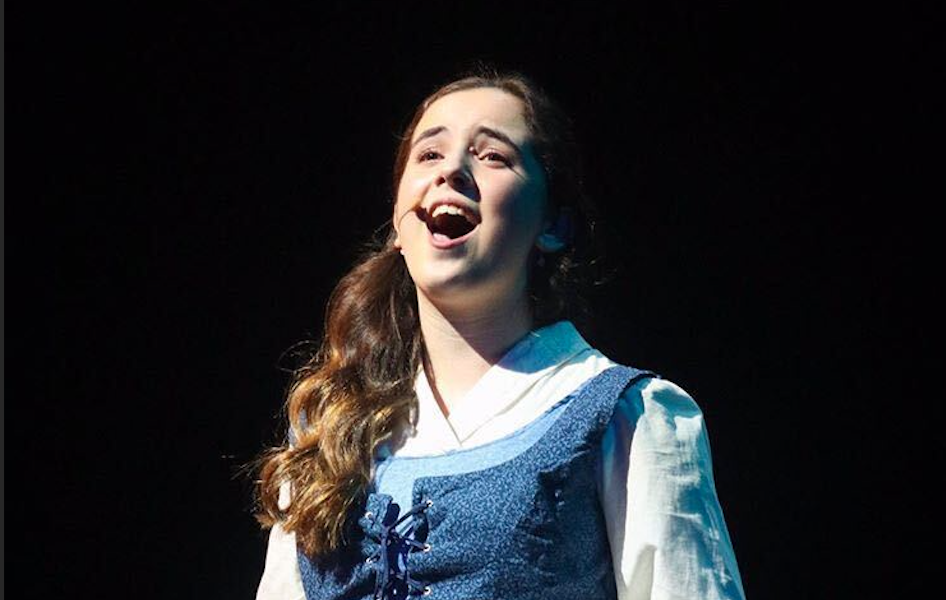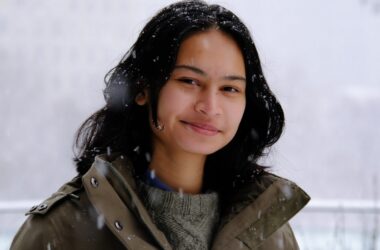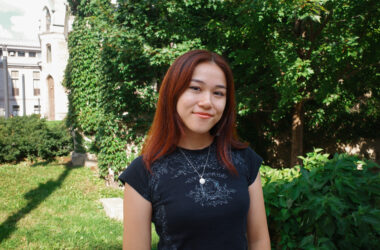For a large part of my adolescence, I was sure that I wanted to be a professional singer. For nearly a decade, I participated in competitive choirs, took voice lessons, and performed in more musicals than I could count. I dreamed of Broadway and worked toward it earnestly. If someone asked me if I was a singer, I would have given an unequivocal “yes.”
By the time I came to university, my dream of being on Broadway had faded—I realized that I did not want to make music my career. By the end of my teens—working in a coffee shop in an American college town—I had realized I wanted to go into politics, journalism, environmental sciences, or any of the number of academic disciplines that presented themselves to me.. Singing, as a result, became a hobby—one that I did not often indulge in for fear of my roommates or neighbours hearing me. I had sidelined singing to the point that I could feel the skill I once had slowly melting away. Without the daily practice, my range began to diminish, my vocal chords tired more quickly, and my pitch accuracy, which was once a point of pride, started to become less sharp.
At the same time, I started to wonder what made me a singer in the first place. I saw my peers in the Schulich School of Music, dedicating their time at university to art. I saw other friends joining bands or gigging at bars around the city. All the while, I felt too shy to sing in my own home. It begged the questions: Could I call myself a singer if I wasn’t performing? Could I call myself a singer if it wasn’t what I was going to dedicate my life to? And the scariest of all: Could I call myself a singer if I wasn’t sure that I was even very good anymore?
These questions plagued me in the beginning of my university journey. I couldn’t figure out how to reconcile my perception of my own identity with the new reality I was facing. The doubts coalesced with other aspects of my life, too. Before I’d arrived at McGill, I thought I was smart, only to find that my peers were brilliant. My confidence was shaken when I heard the thoughtful and eloquent points my classmates raised in class. The idea that I had misunderstood who I was began to haunt me.
This clashing of old and new perceptions sent me for a loop. How was it possible that I could be two different things at once? After some time, I’ve come to the realization that while labels can be empowering and self-assuring, they can also lead us to neglect a core tenant of being human: Contradiction.
There’s a tendency to ascribe ourselves personality traits with the intention of grounding our senses of self. I tell myself that I am smart, kind, brave, loyal, and other platitudes. And while those things can be true, it is just as true that I have the capability to be lazy, scared, and even mean. These things exist at once and don’t negate one another. If I can reconcile the fundamental contradictions in my character, I can also reconcile the feeling of being a singer and an amateur at once.
I was once sure that I was defined by what I did. I was a singer, a student, a hopeful journalist, and a former barista. And while all of these things are true, I’ve come to realize that in so many more ways, what we do is defined by who we are. I sing because I love it, I learn because I’m curious, I write because I’m passionate, and I sometimes make coffee over the summer because I need to pay for my gas.










